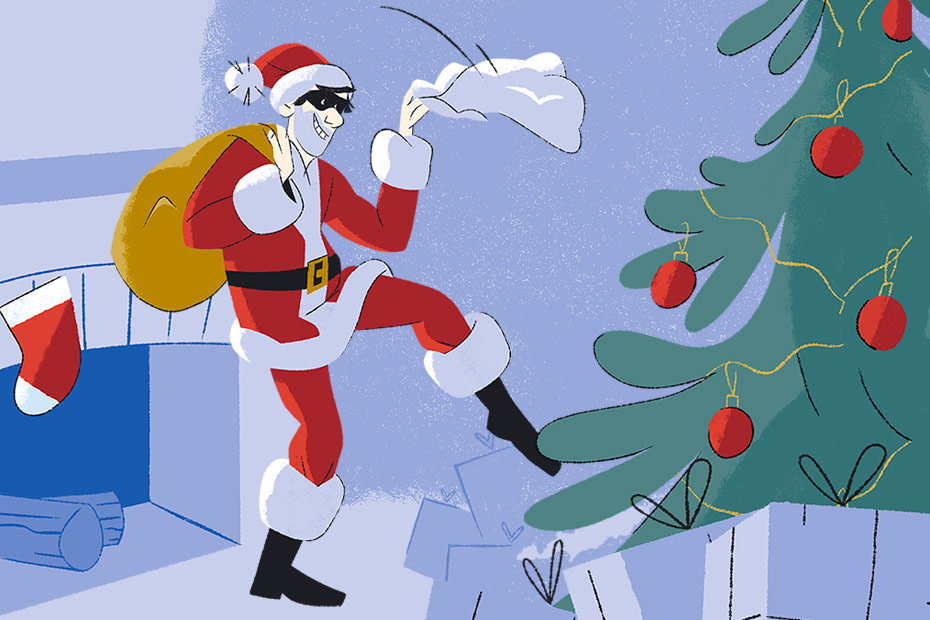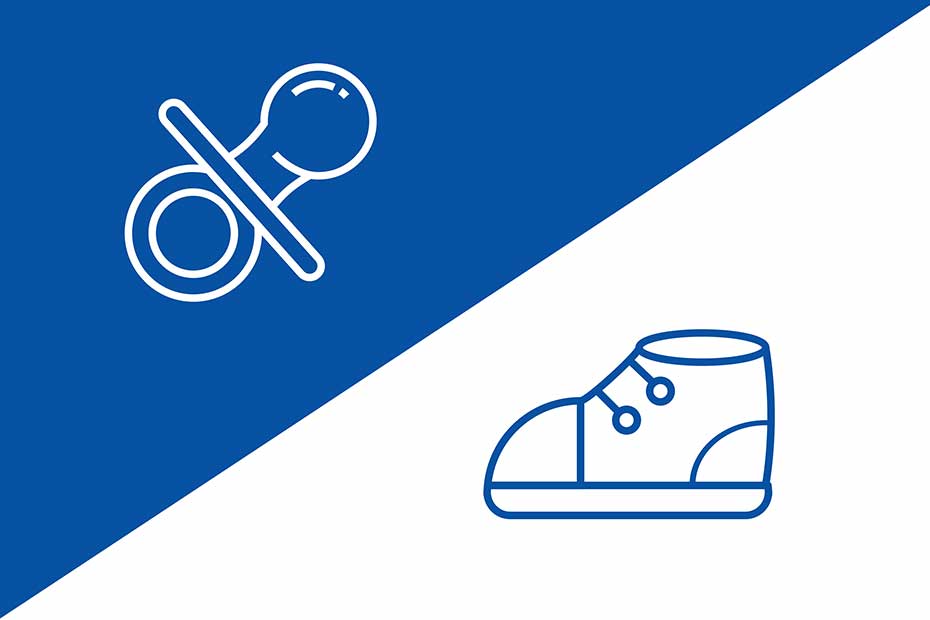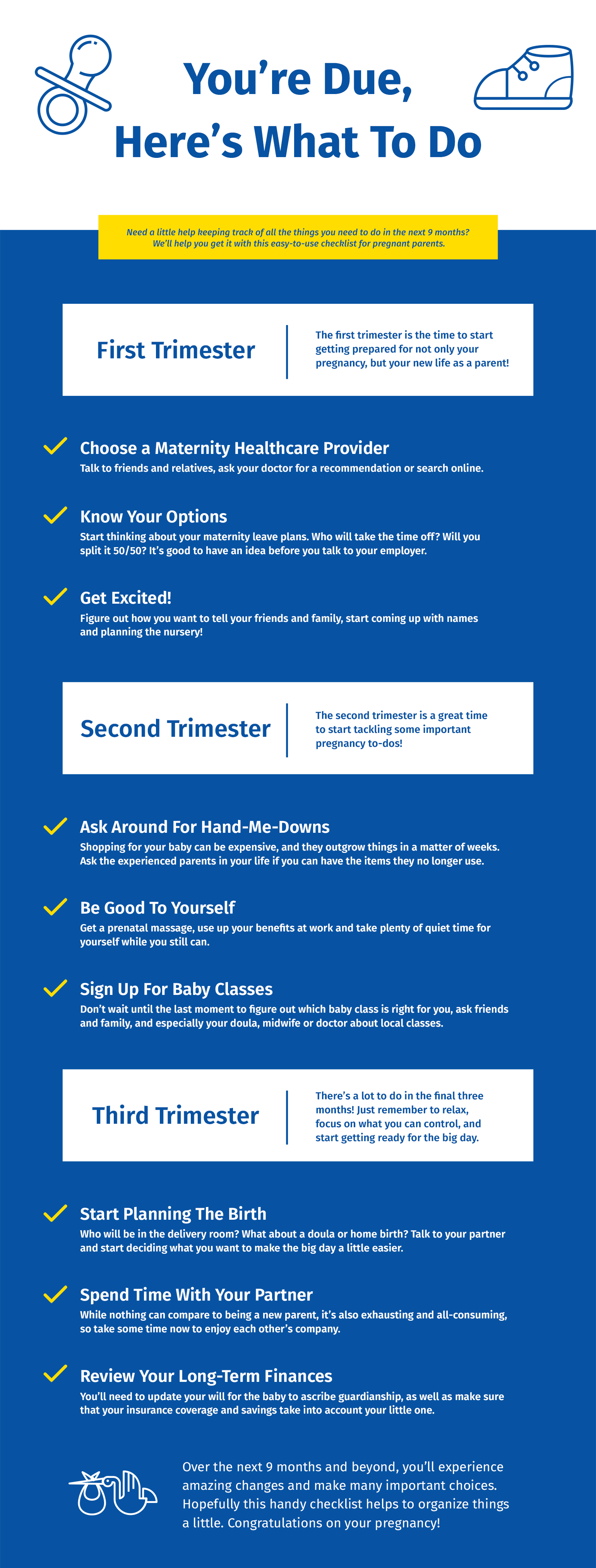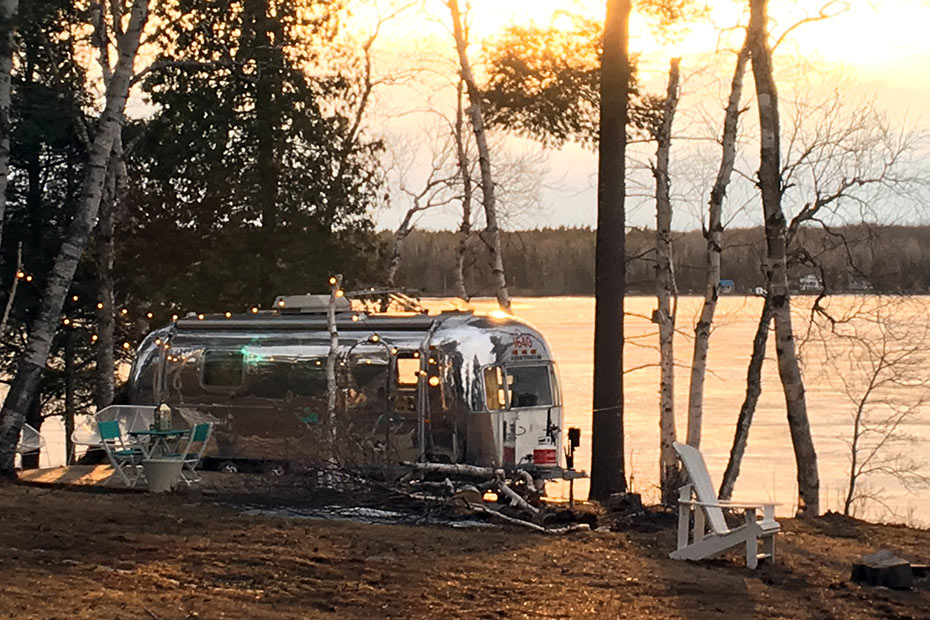It’s almost time to tackle your income taxes again but before you race for that refund, here are five quick tips that might help you make this year’s a real winner.
Don’t Forget the Kids
Family is filled with endless amounts of fun and financial responsibility, but the Child Care Expense Deduction could help come tax time. If you pay an individual, daycare centre, camp, or educational institution to care for your children (ages 16 and under) while you work, go to school, or conduct grant funded research, pay attention to line 214 on your return; you may be able to claim that expense.
Earn While You Learn
You might have enough homework already, but taking some time to study the Tuition Tax Credit may be worthwhile to a savvy scholar such as yourself. If your tuition fees were covered by you and not paid (or reimbursed) by parents, employers, certain job training programs, or a federal program to help athletes, you can claim all amounts over $100. Sorry smarty pants, other costs associated with schooling including textbooks, lodging, meals, and that new laptop, are not eligible.
Claim Your Commute
Whether you get to work using public transit or your own set of wheels, there may be a deduction to make the ride a little smoother. If you drive your own vehicle and you’re often required to work away from your employer’s place of business, and don’t receive a vehicle allowance, you may be able to claim fuel, insurance, maintenance, leasing costs, and more! No car? Your transit pass might be eligible as an expense on Line 364. Just be sure to keep those receipts, record keeping is key.
Keep it Professional
Hard work can really pay off when it’s time to file. Professional fees such as union dues, required board memberships, and necessary liability or malpractice insurance, even licensing and examination fees, can be claimed on lines 212 and 323. Freelancers, rest easy, you’re only taxed on your net income; several operating expenses such as property taxes, utilities, and food and entertainment may be deductible too.
Contribute to Your Future
Investing in segregated funds, such as RBC’s Guaranteed Investment Funds, could help make your income tax return look a whole lot sweeter. Segregated funds can be held in a variety of ways, including an RRSP, which allows you to deduct your annual contribution from your gross income and keep any income and growth earned deferred from taxation until withdrawal.
Interested in Learning More About Segregated Funds? Contact an RBC Insurance Advisor.
Segregated funds can only be purchased through a life insurance advisor.
When it comes to completing your tax return, slow and steady may be just the right speed. Just don’t be late.
RBC Retirement Investment Solutions
Whether you’re building up your nest egg or ready to turn your hard-earned savings into retirement income, our solutions can help you make the most of your money. Have an RBC Insurance Advisor call you to learn more.
This article is intended as general information only and is not to be relied upon as constituting legal, financial or other professional advice. A professional advisor should be consulted regarding your specific situation. Information presented is believed to be factual and up-to-date but we do not guarantee its accuracy and it should not be regarded as a complete analysis of the subjects discussed. All expressions of opinion reflect the judgment of the authors as of the date of publication and are subject to change. No endorsement of any third parties or their advice, opinions, information, products or services is expressly given or implied by Royal Bank of Canada or any of its affiliates.
Any amount that is allocated to a segregated fund is invested at the risk of the contract holder and may increase or decrease in value. RBC Guaranteed Investment Funds are individual variable annuity contracts and are referred to as segregated funds. RBC Life Insurance Company is the sole issuer and guarantor of the guarantee provisions contained in these contracts. The underlying mutual funds and portfolios available in these contracts are managed by RBC Global Asset Management Inc. When clients deposit money in an RBC Guaranteed Investment Funds contract, they are not buying units of the mutual fund or portfolio managed by RBC Global Asset Management Inc. and therefore do not possess any of the rights and privileges of the unitholders of such funds. Details of the applicable Contract are contained in the RBC GIF Information Folder and Contract at www.rbcinsurance.com/gif.
Share This Article
Read This Next










